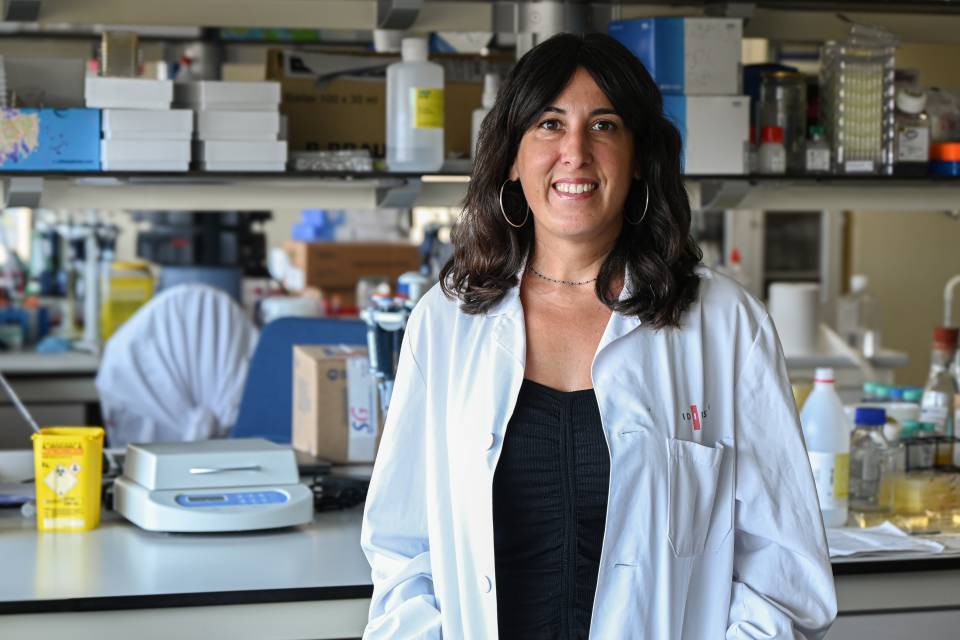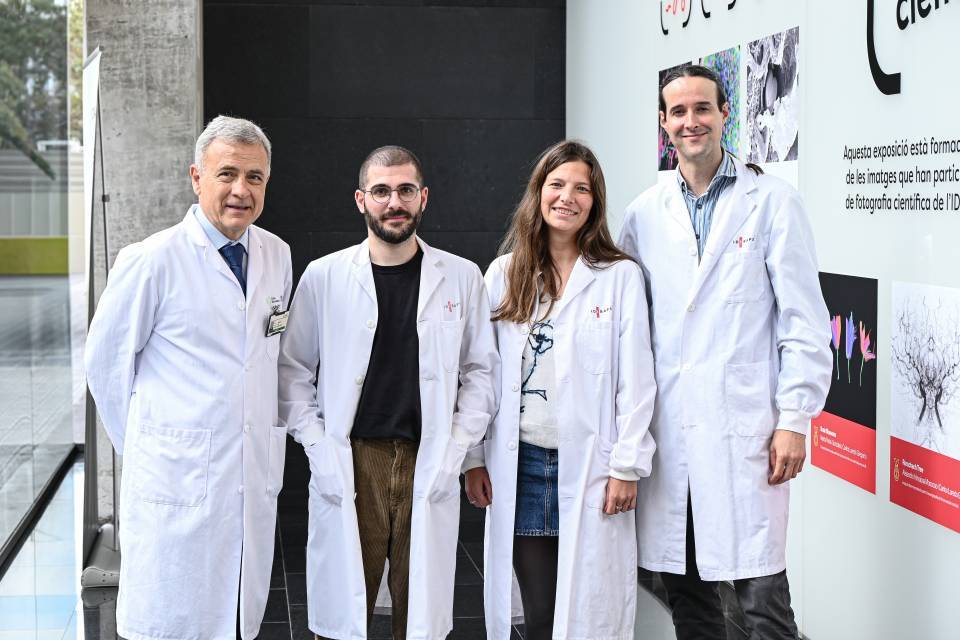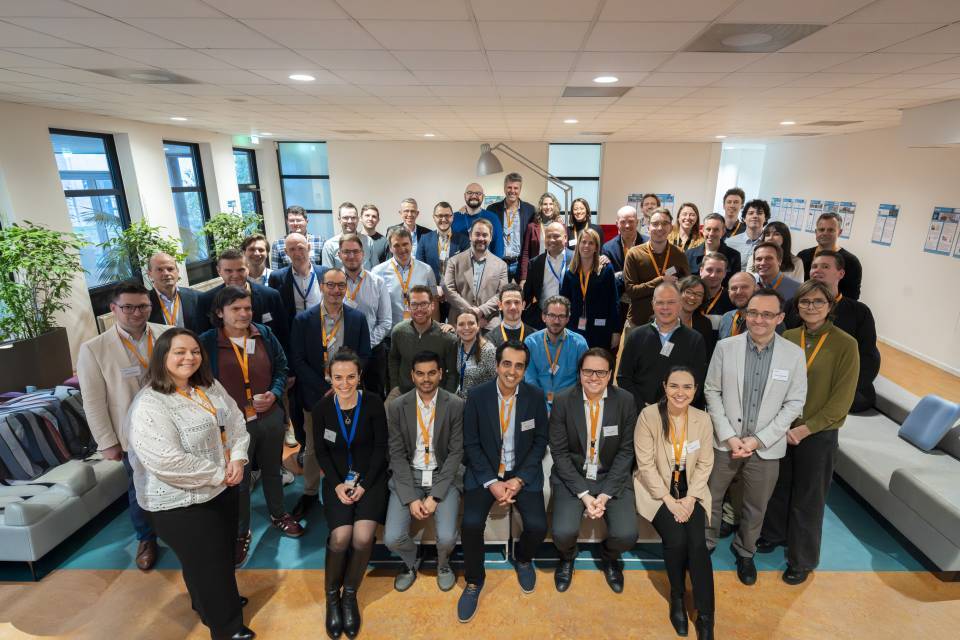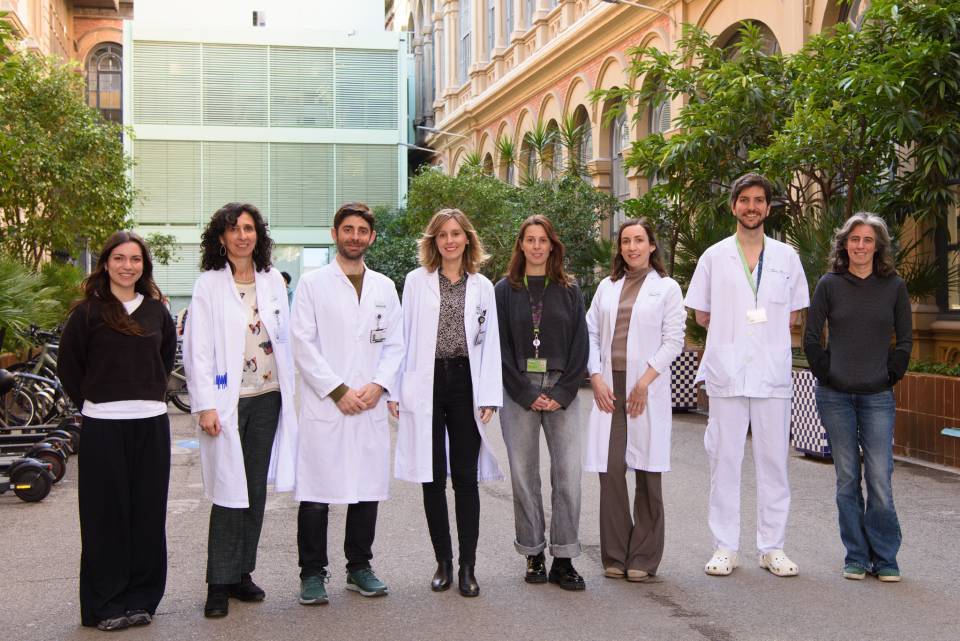Cancer treatments are becoming more and more personalised, and one of the most promising strategies is CAR-T therapies, which use the patient's own immune cells to fight the disease. This method has generated a lot of hope, especially in some blood cancers, where it has achieved powerful and long-lasting responses in cases where other treatments had failed.
However, most people with solid tumours do not benefit from this therapy. Even when immune cells are equipped with additional tools to make them more powerful, there is a risk that these molecules will also cause unwanted effects in other parts of the body, causing serious side effects.
To solve this problem, the project is developing a new technology that acts as a safety switch. This system allows the immune cells of CAR-T therapy to only produce these additional tools when they are inside the tumour, thus avoiding unwanted effects in healthy tissues.
“The key lies in using the natural signals inside the CAR-T cells to control when and where these beneficial molecules are produced," explains Alba Rodríguez. She adds: "This approach promises safer and more effective cell therapy for people with solid tumours. This technology could open the door to better treatments for many people who currently have few options, turning the body's own defences into a precise and powerful weapon against cancer."
The CaixaImpulse Programme
The "la Caixa" Foundation has resolved the 2025 call for applications for the CaixaImpulse programme, through which it is supporting 31 new biomedical projects from research centres, hospitals, and universities in Spain and Portugal. In total, the Foundation will allocate 3.8 million euros to this initiative, which aims to accelerate the arrival of these innovations to the market in order to bring them closer to patients who may need them. CaixaImpulse is also promoting the creation of new products, services and companies related to the life sciences and healthcare.
The winning projects – from a total of 428 applications received – have been evaluated by six panels of international experts and professionals in this field. Among those selected this year are 15 projects led by researchers from 13 Catalan research centres, including the IDIBAPS project.




